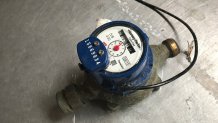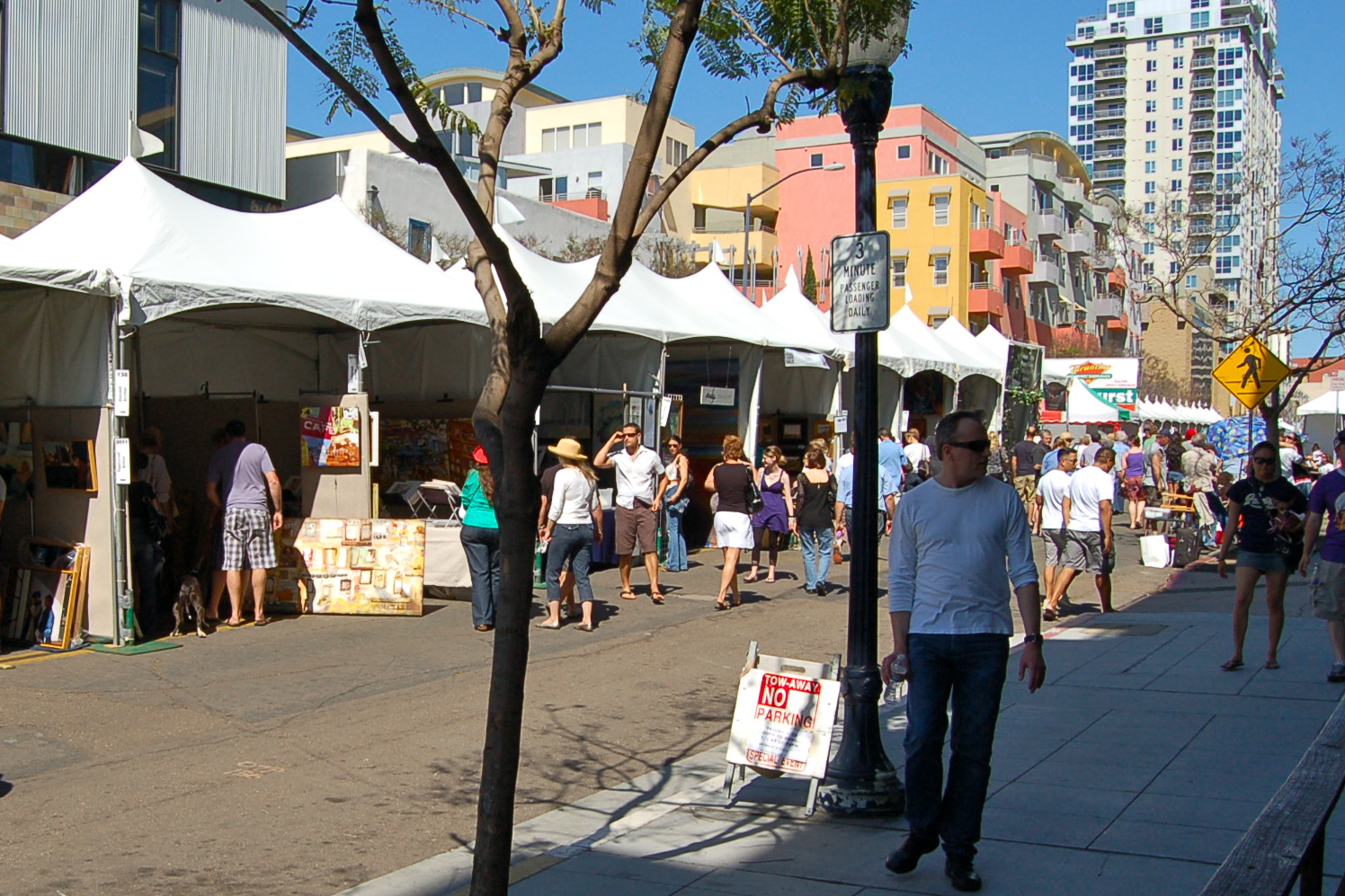The city knew about the problem but did nothing to address it. NBC 7’s Consumer Bob has the story.
For more than a year, hundreds of San Diego residents complained about unexpected, and unexplainable, increases in their bi-monthly water bills.
During that time the Public Utilities Department repeatedly insisted that there were no significant problems with the smart water meter program. The city instead blamed the billing irregularities on water leaks, over-watering of landscaping, houseguests visiting for the holidays, and a water meter reader who allegedly misread more than 340 meters.
Since last July, NBC 7 Responds has been asking questions about billing problems, including whether or not the city’s $60-million smart water meter project or Advanced Metering Infrastructure (AMI) factored into the billing spikes.
In January, Jerry McCormick, spokesperson for the Public Utilities Department, said the city “has had no exceptional or unexpected problems regarding the AMI [smart meter] equipment supplied by our vendors.”
Michael Vogl, former deputy director with the Public Utilities Department reiterated McCormick’s denials later that month. “I don’t think there is necessarily a widespread issue that is the cause for these concerns,” he said. “We’ve seen no indication that there’s a problem with the meters themselves.”
But, a joint investigation by NBC 7 Responds and media partner Voice of San Diego found one of the city’s vendors, Mueller Systems - the manufacturer of Hersey Smart Meters - had, in fact, notified the city of product defects more than two years ago.
The investigation’s findings have now prompted an internal review of the Public Utilities Department by the Mayor’s office.
Local
City Council Reacts To Water Department Investigation
Those smart water meter product defects, according to documents obtained by NBC 7 Responds, affected Hersey smart meter registers manufactured from 2011 to 2013, which coincided with the Public Utilities Department’s rollout of its smart water meter program.
During that time, the city installed more than 36,000 smart meters with those registers.
After NBC 7 Responds and Voice of San Diego shared our findings with the Public Utilities Department, spokesperson McCormick acknowledged that Mueller Systems had, in fact, told the city about the manufacturing defect. But McCormick said the Mueller Systems representative described it as only a “minor glitch.”
“The register’s mechanism [that] counts and displays cubic feet exhibited a ‘glitch,’” McCormick said. “Since the City bills in units of hundreds of cubic feet, it did not affect our reads or billing, according to the manufacturer’s representative.”

Mueller Systems’ smart meter technology has run into problems for cities across the country, including here in San Diego County.
Last year, in the company’s 2017 annual report to shareholders, Mueller Systems set aside “an additional warranty expense of $9.8 million” for radio products that are “failing at higher-than-expected rates”.
The report states the warranties cover equipment produced from 2011 to 2014.
After learning about the defect, McCormick still insisted that “no corrective action” was needed.
“The issue did not appear when affected meters were connected to the [smart water meter] system,” McCormick said. “Again, the issue was minor and caused no problems with reads or billing.”
A spokesperson for Mueller Systems would not answer specific questions about problems with the company’s meters, the warranty expense listed in its annual report or the company’s 2016 meeting with city officials.
Mueller Systems’ Director of Communications Yolanda Kokayi said the company has only replaced 400-meter registers out of the 75,000 sold to the city.
“Mueller Systems has not been informed of any billing complaints...and stands by its products and warranties,” she said.
To read the company’s full statement, click here.
McCormick told NBC 7 Responds the glitch was not shared with the Independent Rates and Oversight Committee, San Diego’s City Council or the Mayor’s office because “the glitch identified by Hersey did not impact customers or City operations.”
This isn’t the first time the Public Utilities Department has withheld information about problems with its smart meter project.
According to internal emails obtained by NBC 7 Responds, Department Director Vic Bianes told his staff to be “vague” about smart water meter project dates. Bianes told his staff there was, “No need to allow [the Independent Rates and Oversight Committee] to focus on giving us direction on how to improve.”
To read the emails, click here.
At a news conference February 8, Bianes said his staff had found an employee had misread 343 water meters in the Carmel Valley, Mira Mesa, Rancho Bernardo and Rancho Penasquitos neighborhoods and that these misreads caused billing inaccuracies.
On Wednesday, the city’s Director of Communications Katie Keach said the Public Utilities Department had known of the misreads in December 2017, three months earlier than Bianes stated at the news conference.
To see a timeline of the Public Utilities Department's statements, look below or click here.
San Diego’s Assistant Chief Operating Officer has called for an internal investigation of the Public Utilities Department, separate from the city auditor’s investigation after NBC 7 Responds and Voice of San Diego raised questions about Bianes’ previous statements.
“We believe further internal review of the Public Utilities Department’s overall management structure, internal controls, processes and protocols, and employee oversight is required, and as such have begun examining these internal practices,” said Stacey LoMedico in an email.
“We look forward to implementing operational changes based upon all of these reviews.”
A local water district has also had problems with Mueller Systems’ meters.
“Upon further investigation and research, we realized that it was a bad product,” Padre Dam Municipal Water District CEO and General Manager Allen Carlisle told NBC 7 Responds and Voice of San Diego.
Carlisle said the problems he experienced with the Hersey meters were different than the “glitch” San Diego described. For Padre Dam, “moisture intrusion” damaged the meter’s motherboard, affecting water use from being relayed wirelessly.
Facing an 18-percent failure rate with the Hersey meters, Carlisle said Padre Dam is now replacing all Hersey meters.
“When you see a failure in the system, you have got to take action,” Carlisle said, adding he informed the district’s public board immediately about the defect.
So far, Carlisle said Padre Dam has replaced 3,000 out of the 5,000 Hersey meters installed.
A spokesperson for Mueller Systems did not answer questions about Padre Dam’s problems with their meters.
The city of San Diego has not said if it will replace the Hersey meters.











